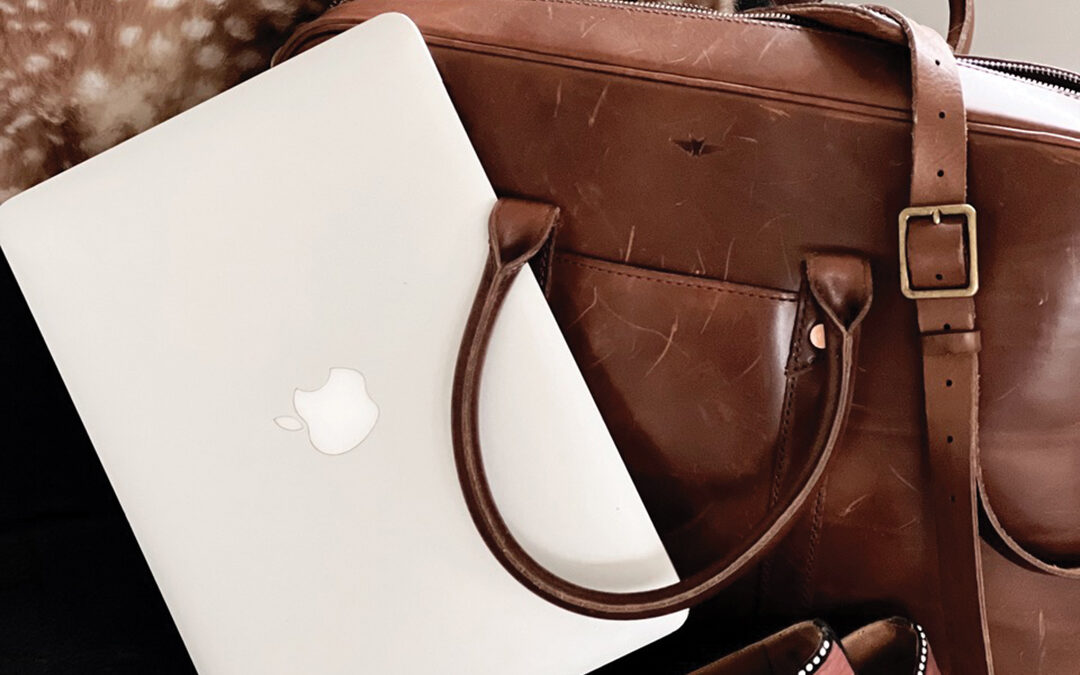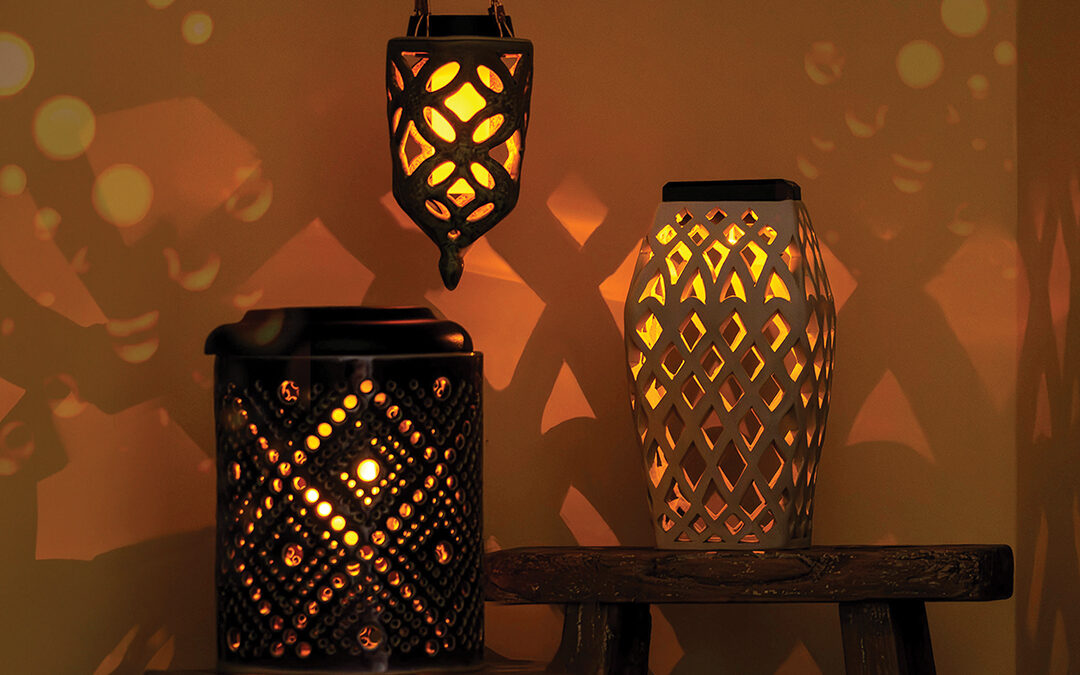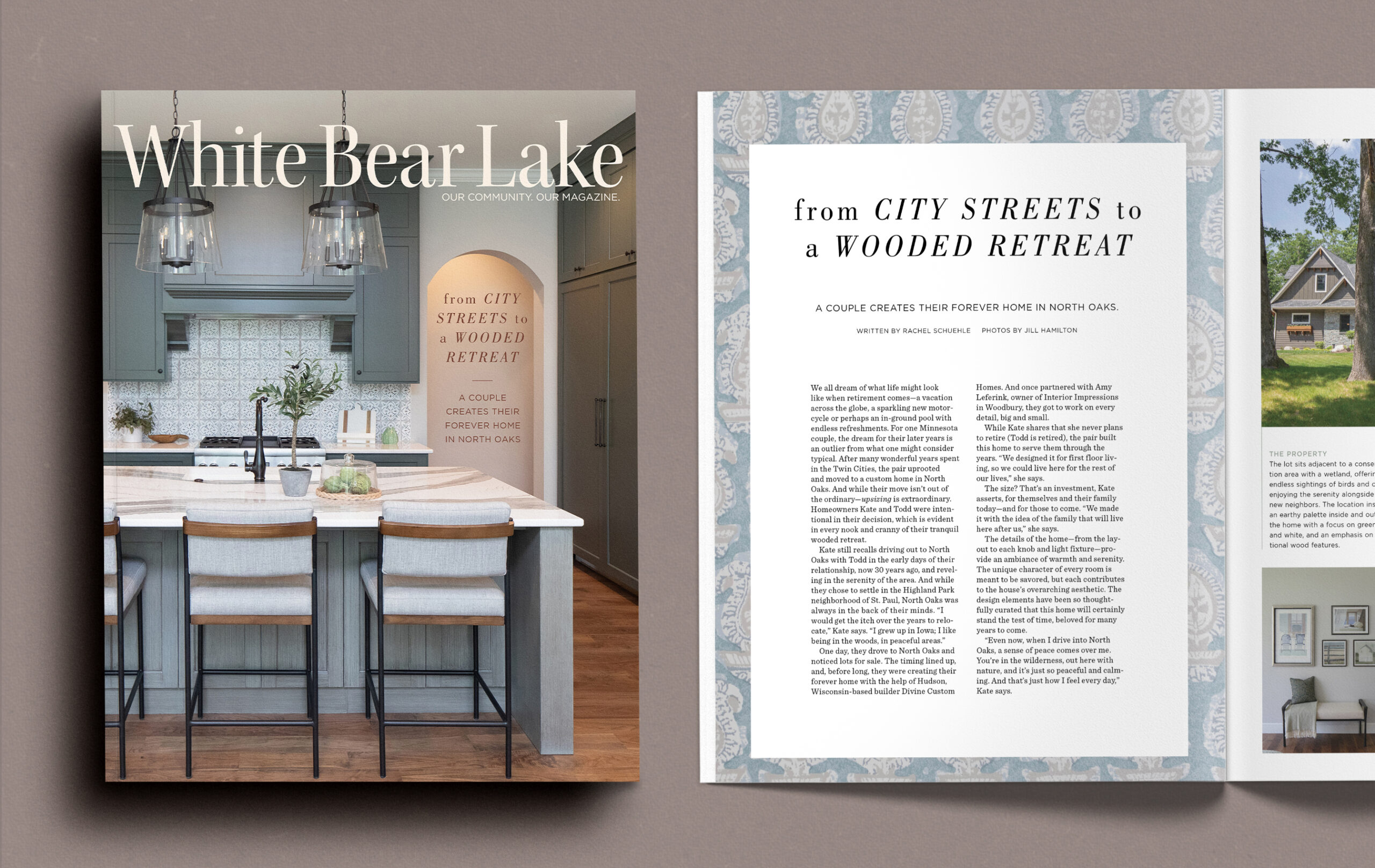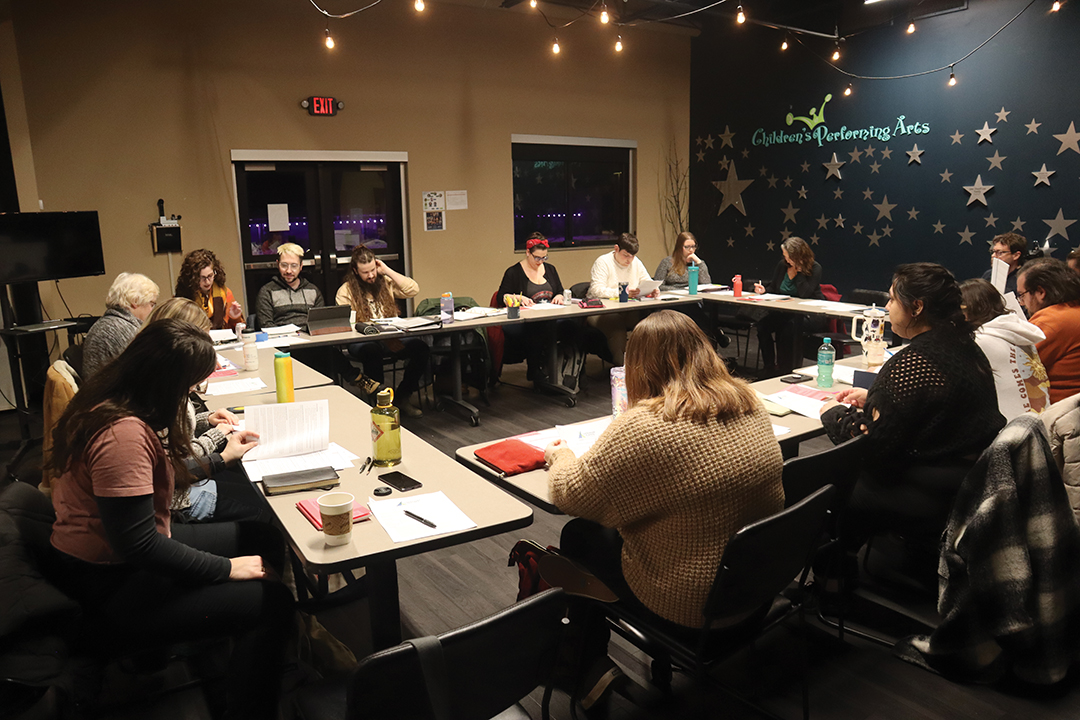
Photo: Tate Carlson
Hockey icon Henry Boucha finds himself in his Ojibwa heritage.
Fifty years after his memorable Minnesota High School hockey tournament performance and 40-plus years after retiring from pro hockey, White Bear Lake resident Henry Boucha remains an icon.
Often called the most electrifying player in tournament history, Boucha grew up in the far-north town of Warroad, Minn., a member of the Ojibwa tribe. His high school stardom led to junior A hockey in Canada. Following his season in Canada, Boucha served in the U.S. military. In 1972, he participated in the Olympics in Sapporo, Japan, where Boucha and Team USA won a silver medal. Three years later, Boucha’s National Hockey League (NHL) career was cut short by an on-ice assault that damaged his eye.
Prematurely retired from hockey at age 25, Boucha grew to hate the game that had once been his life. He eventually found new purpose in studying his Native American heritage and is now collaborating with Twin Cities Public Television on a documentary about his life, which Boucha hopes will lead to a series of documentaries he wants to produce on the 21 Native Americans who have represented the U.S. in the Olympics.
Boucha says that after high school, he was the top-ranked hockey prospect in the country and signed to attend the University of Minnesota. But after learning his high school sweetheart was pregnant, Boucha married her and instead of starting college, joined a junior A [quasi-professional team] based in Winnipeg. Boucha says he remembers a rough Western Canadian league where he faced racism. “I considered quitting a couple of times,” he says.
After junior hockey, Boucha joined the U.S. National team and helped the U.S. win a silver medal in the 1972 Olympics in Sapporo. He then began his NHL career with the Detroit Red Wings and then the Minnesota North Stars. In a January 1975 game at Metropolitan Sports Center, Boston Bruin player Dave Forbes intentionally butt-ended Boucha with his stick, leaving Boucha with a seriously damaged right eye and double vision, according to Boucha and multiple media outlets that covered the incident.
Boucha spent a season and a half trying to regain his form. “But [the eye injury] took the wind out of my sails. I lost my drive. The league and the Players Association wouldn’t return my calls. The way the league was treating me, I knew they wanted me out,” he says.
Boucha retired at 25. “It took us five years to reach a settlement. I put myself through hell. I hated hockey. I was really hurting inside, kept to myself,” he says. After retiring, Boucha lived in Detroit, then Warroad, Idaho and Alaska.
Boucha reached a turning point in 1984 when, while hiking, he found the body of a golden eagle in a snowbank. Because eagle feathers are important in Native American culture, Boucha took it as a sign. “I knew something significant was going to happen,” he says.
A few weeks later, his daughter asked him to move back to Warroad, which Boucha and his then-wife did. “That gave me some life responsibility; I had to make a home for her, so I rented an apartment in Warroad,” he says.
Boucha also took on new responsibilities that revitalized him. He began coaching youth hockey and joined the Warroad school board’s Indian parent advisory committee, which led to a new position as director of Indian education for the district.
Now 68, Boucha battles health issues. He suffered a stroke in 2018. In 2019, he underwent hip surgery and then suffered a heart attack, undergoing heart surgery in August. After being released from the hospital, he bought a treadmill and went to work on his recovery.
Boucha’s collaborator on the documentary is Leya Hale, a Native American producer with Twin Cities PBS: TPT. She has produced several previous documentaries on Native American themes.






















